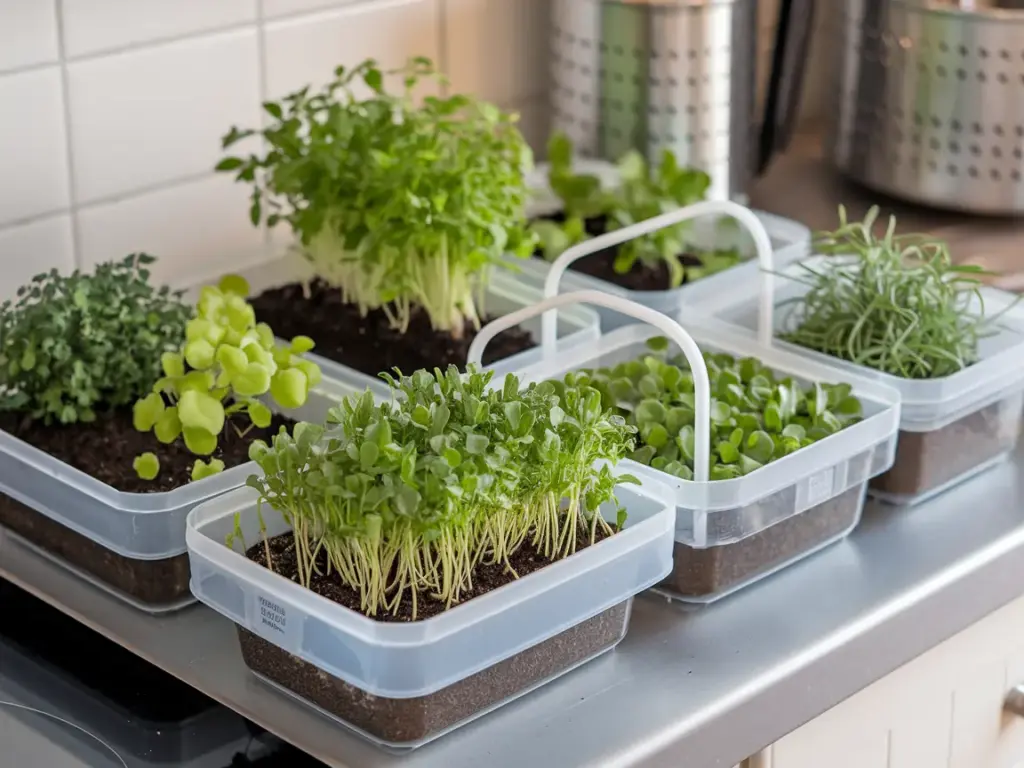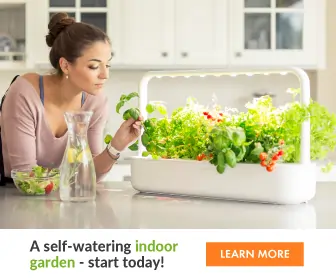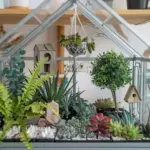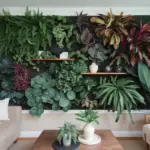6. Plastic Food Container Conversion

Who knew those takeout containers could become amazing planters? I started this project during a decluttering phase of my kitchen cabinets, and now I’m actually excited when I have empty containers! These smaller systems are perfect for herbs and microgreens, plus they fit beautifully on any kitchen windowsill.
Choosing the Right Containers
After lots of experimentation, here’s what I’ve learned about container selection:
Best Options:
- Large yogurt containers
- Clear plastic salad boxes
- Rectangular takeout containers
- Look for containers with sturdy lids
Container Requirements:
- Food-grade plastic (check for recycling numbers 1, 2, or 5)
- At least 4 inches deep
- Transparent sides are bonus for monitoring water levels
Creating Your Watering System
Here’s my foolproof method:
- Reservoir Setup:
- Cut lid to fit inside as platform
- Create 1/4 inch drainage holes
- Leave 1-inch space at bottom
- Wicking System:
- Cotton rope works best
- Thread through platform
- Use multiple wicks for larger containers
Perfect Plants for Small Containers
I’ve had amazing success growing:
Herbs:
- Basil (my absolute favorite!)
- Chives
- Cilantro grows surprisingly well
Small Vegetables:
- Microgreens
- Baby lettuce
- Cherry tomatoes (dwarf varieties)
Creative Decorating Solutions
Because let’s face it, these containers need some style:
- External Decoration:
- Chalk paint works great
- Washi tape designs
- Contact paper transforms completely
- Display Ideas:
- Window shelving
- Hanging systems
- Magnetic strips for vertical gardens
Maintenance Tips I’ve Learned
Daily Care:
- Check water levels
- Monitor humidity
- Watch for condensation
Weekly Tasks:
- Clean exterior
- Check wick condition
- Rotate for even growth
Problem-Solving Guide
Common issues and their fixes:
Water Issues:
- Too wet? Reduce wick size
- Too dry? Add more wicks
- Algae means too much light on reservoir
Plant Problems:
- Leggy growth needs more light
- Yellow leaves often mean nutrient issues
- Root rot requires immediate attention
Space Optimization
I’ve gotten creative with space solutions:
- Stacking Systems:
- Use similar-sized containers
- Create stable bases
- Leave room for growth
- Grouping Strategies:
- Match water needs
- Consider height differences
- Create themed gardens
Ready to try something with a bit more character? Click the next button to learn how to transform an old tea kettle into a charming self-watering planter. It’s one of my favorite weekend projects, and I’ll show you how to create that perfect vintage garden look that’ll have your friends begging for their own!









GIPHY App Key not set. Please check settings